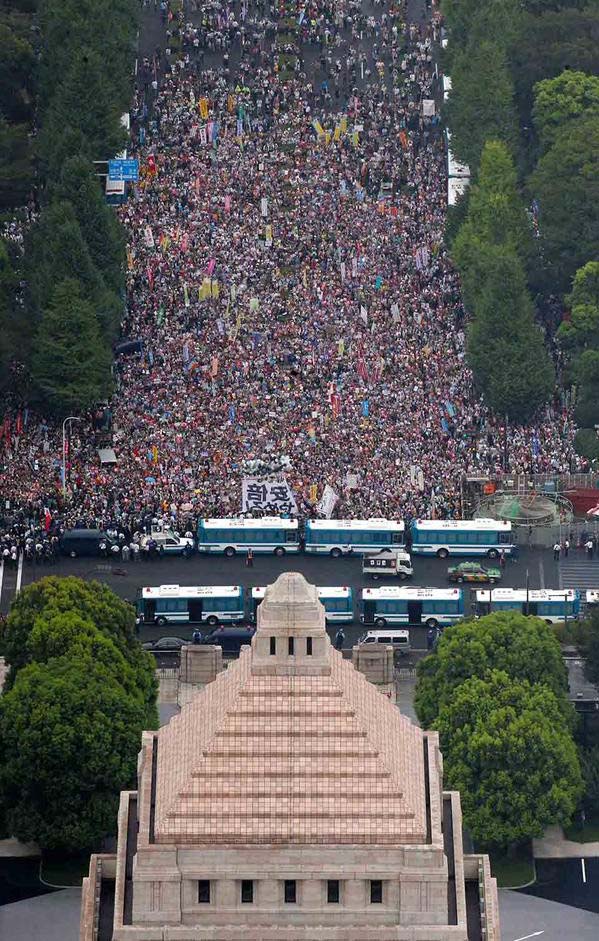Donnerstag, 14. M�rz 2019, 16:45 - 18:15 iCal
Why Do Non-Sympathizers Participate in
in Demonstrations? The Role of Social Capital in Post-3.11 Social Movements in Japan
Naoto Higuchi (Tokushima University, Japan)
Institut für Ostasienwissenschaften - Japanologie, Seminarraum Jap 1
Spitalgasse 2, UniversitätsCampus Hof 2, Eingang 2.4, 1090 Wien
Vortrag
The absence of mass mobilization characterized politics in Japan since the late 1970s. Only in the past decade, Japan witnessed a new wave of protest. Hundreds of thousands of demonstrators surrounded the National Diet Building in Tokyo after the Great East Japan Earthquake on March 11, 2011 and the subsequent meltdown of the Fukushima Daiichi Nuclear Power Plant. Why did the Japanese break the long silence and took to the street again? To answer the question, we conducted an online survey among 77,084 Greater Tokyo residents and found that quite a few “non-sympathizers” participated in demonstrations. Our analysis shows that by comparison non-sympathizing participants are more experienced in political demonstrating and are the most involved in social organizations. Findings imply that there are dual pathways to get involved in political protest: one is participation via consensus mobilization, and the other is recruitment by mobilization of social capital. Even organizations usually adversarial to social movements can serve as mobilizing structures facilitating participation in demonstrations.
Naoto Higuchi is an associate professor at Tokushima University. Among his many publications is his newest book in English on Japan’s Ultra-Right (Trans Pacific Press, 2016).
Veranstalter
Institut für Ostasienwissenschaften/Japanologie und AAJ (Akademischer Arbeitskreis Japan)
Kontakt
Mag. Angela Kramer
Universität Wien
Institut für Ostasienwissenschaften - Japanologie
4277-43801
angela.kramer@univie.ac.at
Erstellt am Freitag, 08. M�rz 2019, 15:23
Letzte Änderung am Montag, 11. M�rz 2019, 08:49

